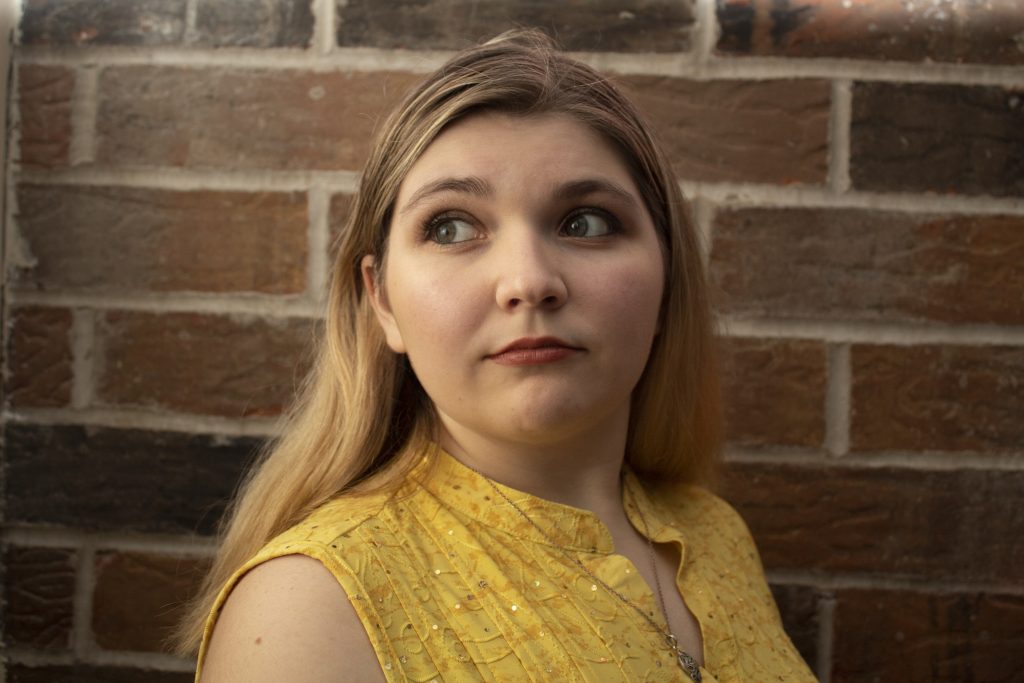I tend to ask a lot of questions; maybe that’s why I have the goal of becoming a journalist. However, my questions are not always aimed at others or the world around me — I ask many questions to myself.
Sometimes they are general questions that come with being a second-semester junior in college. Am I going down the right career path? Should I be doing more internships? Am I doing the right things to prepare myself for the future? Am I doing college right?
Others get more specific, but they are daily occurrences in my brain. Was that the right word choice? Did I proofread that enough? Did I watch too many episodes of “Gilmore Girls” today? Was that edit or comment too harsh?
This line of questioning inside of me can become so debilitating that I’ll rewrite three versions of a text message that I will never send, or it might take me over an hour to fall asleep as I relive every conversation of the day or week.
I instantly regret when I speak in class because I always think that my answer wasn’t sufficient, or that I rambled on too long. I wonder why I cared to unmute my microphone in the first place. I turn in my assignments on time, although I never believe them to be good enough.
This imposter syndrome blends into my work. Not only do I second-guess my choices, edits and articles I write, but I rarely see myself as good enough to be in my current position here at The Scout or smart enough to receive certain grades.
People might compliment my hard work, but I find it difficult to accept this praise. Even though I know I should be more confident in my work, I’ll continue to work hard and attempt to put my best foot forward, though I’m unsure if it will ever meet my expectations.
Second-guessing my work has become such a normal part of the writing process that the feeling of pride shocks me, and I have the urge to look back for flaws.
I tend to be agreeable and attempt to go with the flow of the conversation, but then think that I strayed away from the topic at hand or talked for too long. I ponder every word before and after I say it, yet I still manage to say something wrong.
For as long as I could remember, I would overthink every situation from math problems and essay questions to entering the next grade level and job interviews. So, as I went through college, evaluating my every word and every move was not a new habit for me.
Even though my second-guessing can be cumbersome, it does have its advantages. Instead of thinking of this lengthy thought process as an unwelcome burden, I view it as an asset and a great form of intuition.
By thinking out every action before I even have the chance to do anything, I avoid uncomfortable or unsafe situations. I also learn quickly from my mistakes and am in a continuous self-improvement mode by thinking through my decisions after they’re made.
When you Google “second-guessing oneself,” pages of tips on how to stop appear. This implies that the evaluative process is fully negative and should be fixed, but I refuse to believe that an aspect of who I am is only bad and needs to completely stop.
Although I hope to one day be more confident in myself and less insecure about my choices, I do not intend to end the self-reflection entirely. I’ll try to quiet that annoying voice sometimes, but I want to keep it around in moments where I need the second line of insight.
Now I ask myself, “Was this column okay; was it good enough?”





